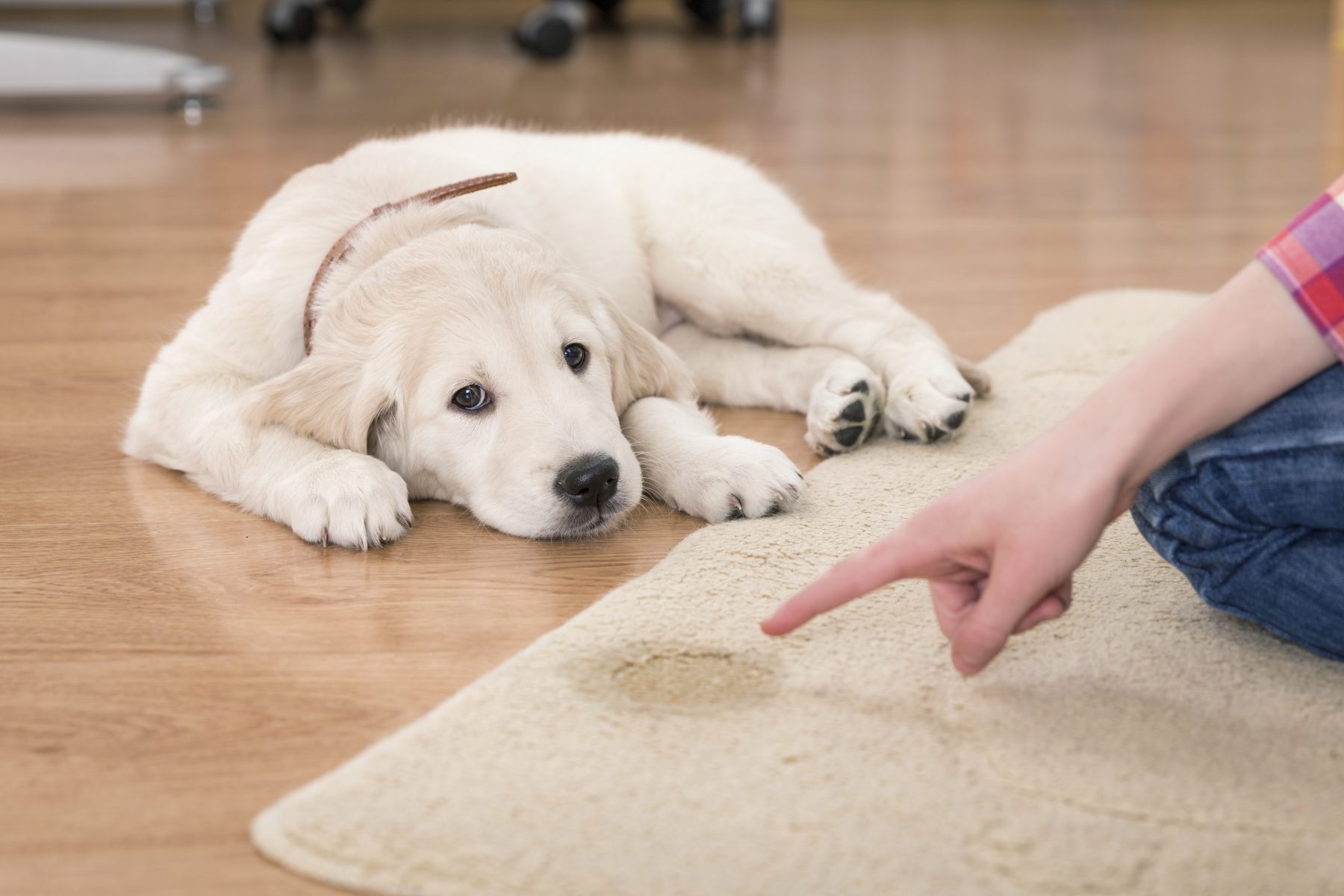 It’s a common request: “Brownie is peeing in the house. Can you give him an antibiotic?” The answer to this question, though, is usually no. While urinary tract infections can and do happen in our animal friends, they are not the only cause for pet urinary woes.
It’s a common request: “Brownie is peeing in the house. Can you give him an antibiotic?” The answer to this question, though, is usually no. While urinary tract infections can and do happen in our animal friends, they are not the only cause for pet urinary woes.
Read on to learn why an antibiotic isn’t always the answer when it comes to urinary problems in pets.
Oh, the Possibilities
When we ask to examine your pet after you report a urinary issue, it is for good reason. There are a host of different things that might cause urinary problems in pets, and they are all treated in different ways.
Pets who are experiencing increased need to urinate, accidents in the house, straining, a strong smell to their urine, and/or blood in the urine may have one of many problems. Some of the more common pet urinary problems we diagnose include:
- Behavioral problems, such as separation anxiety
- Cushing’s syndrome (Hyperadrenocorticism)
- Diabetes
- Inflammation of the bladder (cystitis)
- Kidney disease
- Prostate disease
- Pyelonephritis (kidney infection)
- Urinary crystals and/or stones
- Urinary incontinence
- Urinary tract infections
Of course, there are also other, less common problems that can result in similar symptoms. Any time a pet is experiencing trouble, it is important for us to examine him or her.
Getting to the Cause of Urinary Problems in Pets
When a pet comes to us with urinary problems, we must gather information in order to properly diagnose and treat him or her. There are several important parts to our investigation.
History – Your pet’s symptoms, as well as his or her normal habits, diet, and medical history, can give us lots of information.
Physical examination – Performing a thorough examination can help us to determine which causes of pet urinary problems are more likely and allow us to hone in on any concurrent or contributing issues.
Urinalysis – A urine sample allows us to look at the concentration and composition of your pet’s urine output. This can help us diagnose and confirm many conditions.
Additional testing – Depending on your pet’s history, physical examination, and urinalysis results, additional tests may be recommended. Urine culture, blood work, radiographs (X-rays), abdominal ultrasound, and cystoscopy can all help us more accurately diagnose your pet and begin helping him or her sooner.
Antibiotics may seem like the obvious answer, but they aren’t benefiting your pet if the problem is a bladder stone, diabetes, or a behavioral issue. It is very important for us to have all the information so that we can get to doing what we do best at True Care Veterinary Hospital – helping your pet feel better and stay healthy.
Please schedule an appointment right away if your pet is having urinary problems. We are always happy to help.

